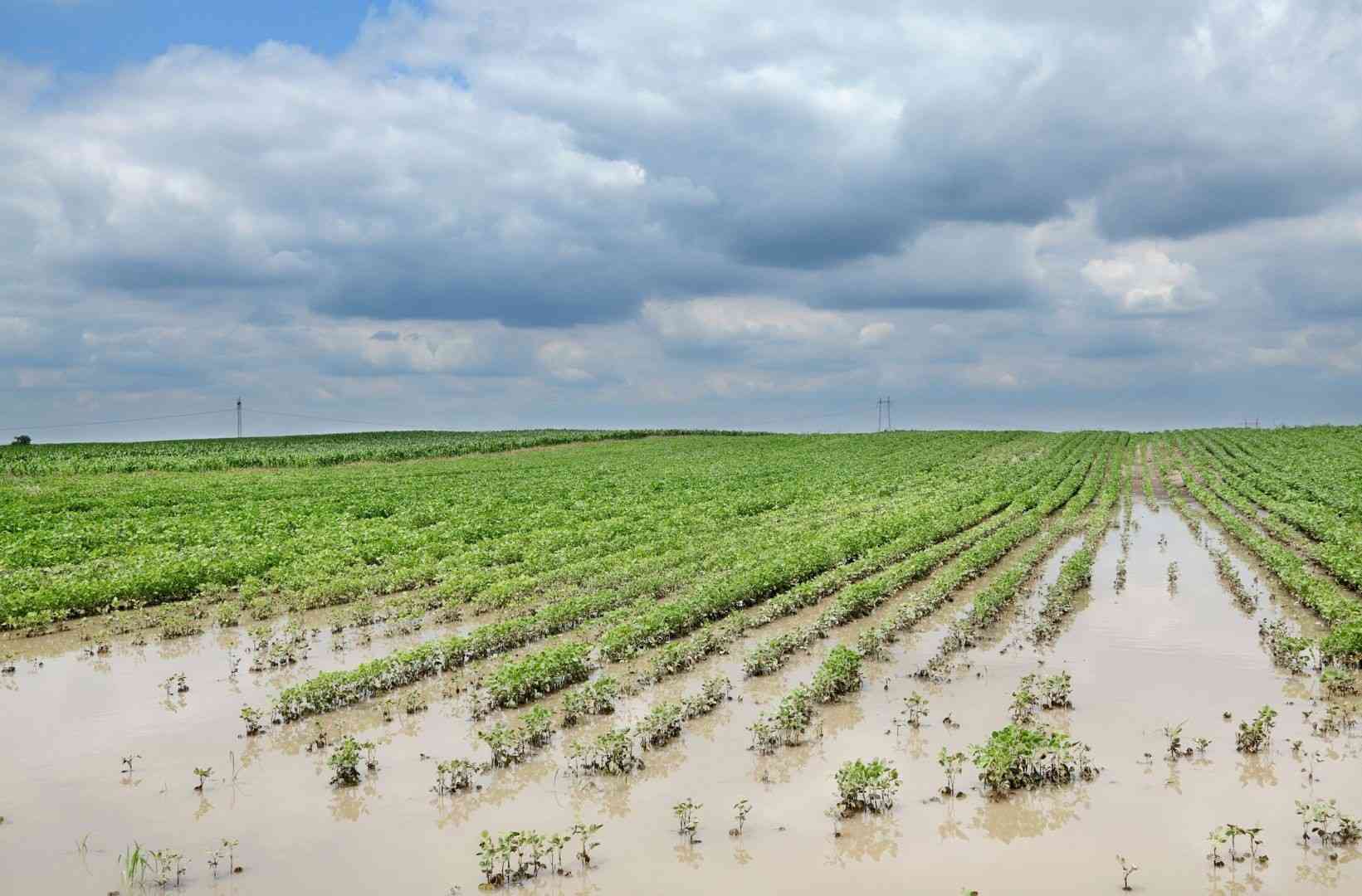
SMALLHOLDER farmers from Insiza, Matabeleland South province, have embraced agroecology as a transformative solution to challenges posed by climate change.
Agroecology is sustainable farming that works with nature.
It allows farmers to work with nature and develop their own solutions to problems.
Farmers from the district met in Bulawayo for an event centred on agroecology, where they shared testimonies on how the agricultural practice was transforming their lives.
A farmer from Insiza South’s Ward 17, Nesisa Phiri, said the experience pushed her to pursue a diploma in agroecology.
“Even with a small space, I can grow vegetables in containers.We no longer buy relish,” Phiri said.
“It also taught us to value our heritage.Even trees can tell us about rain and climate.”
She now volunteers at Nkankezi Primary School, where she helps run a nutrition garden.
- Trophy hunting drives African lion into extinction
- Self-care tips to boost your mental health
- Trophy hunting drives African lion into extinction
- Communities change their ways to protect Zimbabwe’s rare cranes
Keep Reading
Another farmer from Insiza South, Nhlanhla Ndebele, echoed similar sentiments.
“Now I know how to preserve granaries for seed storage and even when rains come, I already have seed at home and don’t wait for commercial fertilizer because I can use what comes from the farm,” he said.
Sifiso Mthunzi Moyo, from ward 17 in Insiza North, said agroecology promotes recycling of natural resources.
“The manure from livestock is used to fertilize the fields and we even keep worms to feed the fish, which we then sell and by this, it helps me earn money to support my children’s education and buy food for the family,” he said.
Kudzanayishe Louis Machingaidze, the executive director for Fambidzanai Permaculture Centre,which piloted agroecology in Insiza, said the organisation’s role as a technical partner was to boost food security among rural households.
“We are working to strengthen the knowledge of farmers in areas such as soil fertility, water management, crop and livestock production, and market linkages,” he said.
"Farmers had for years relied on expensive synthetic fertilizers, chemical pesticides and commercial seeds, which were not only costly, but also contributed to climate change, malnutrition and environmental degradation.”
Machingaidze said agroecology empowers farmers to produce their own organic inputs.
“This ensures safer food, good nutrition, and environmental protection and what we eat affects both our health and the health of the environment.”









